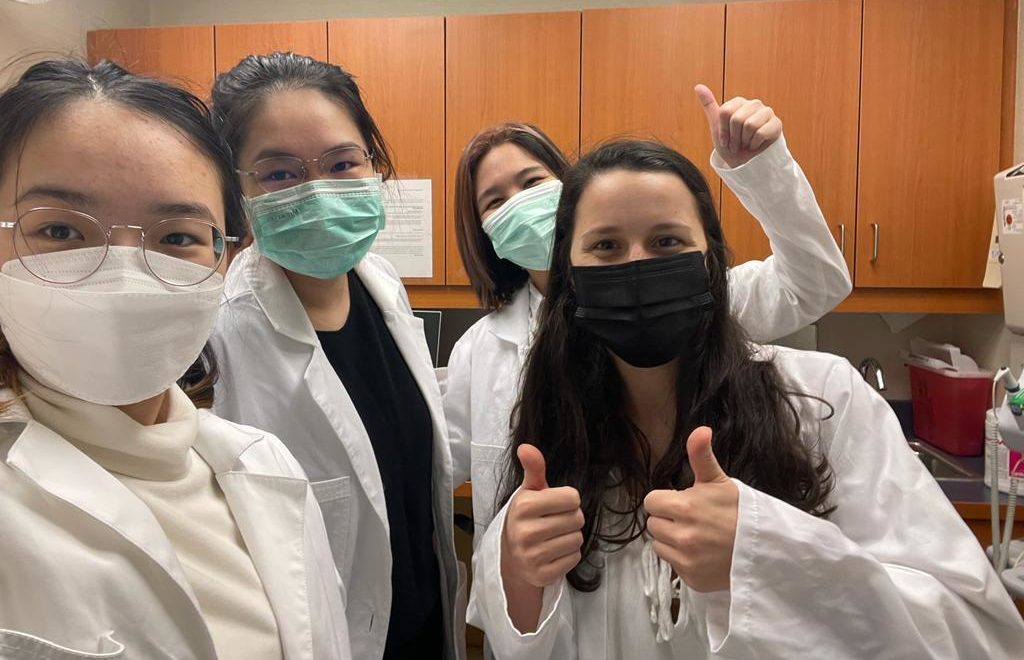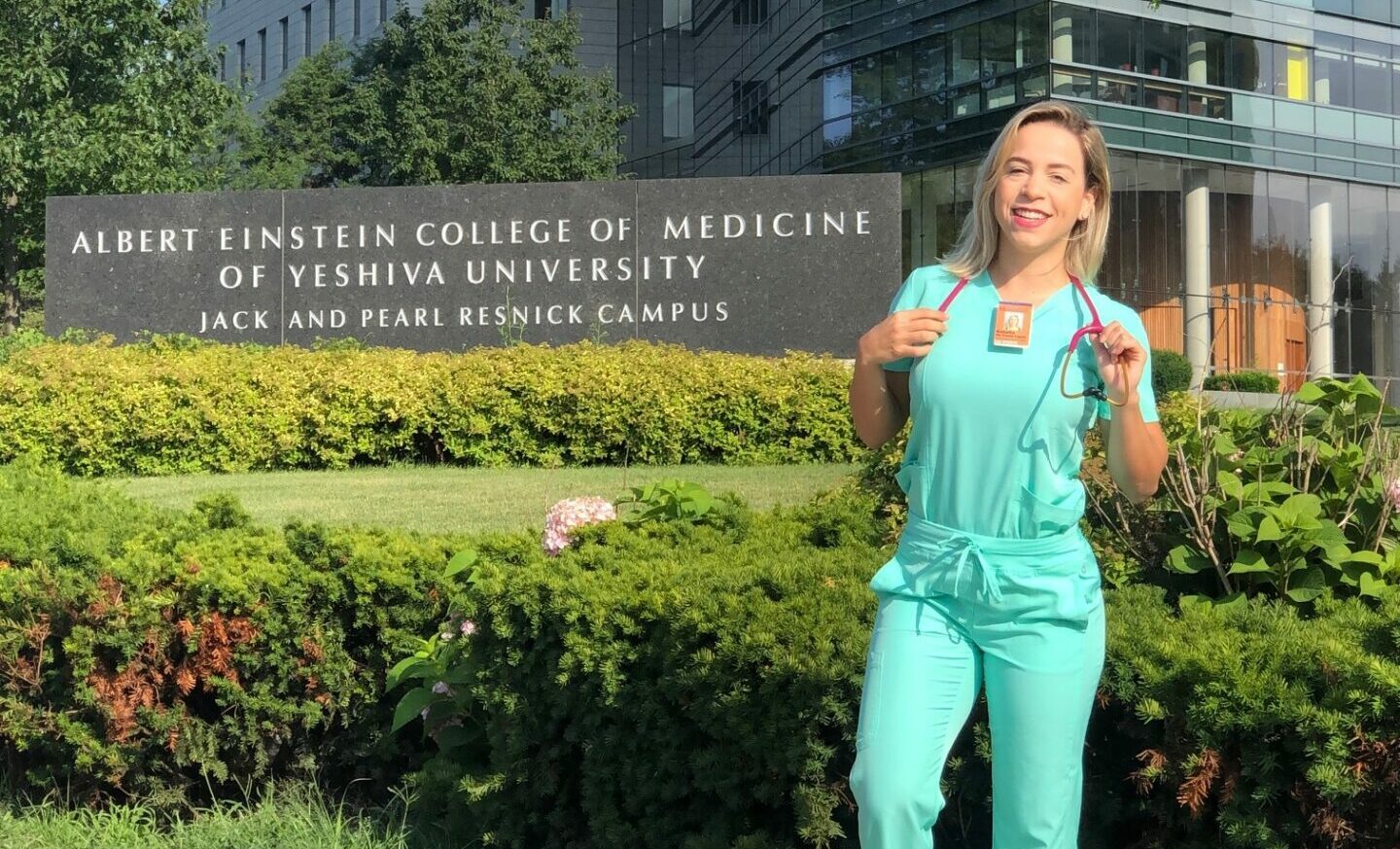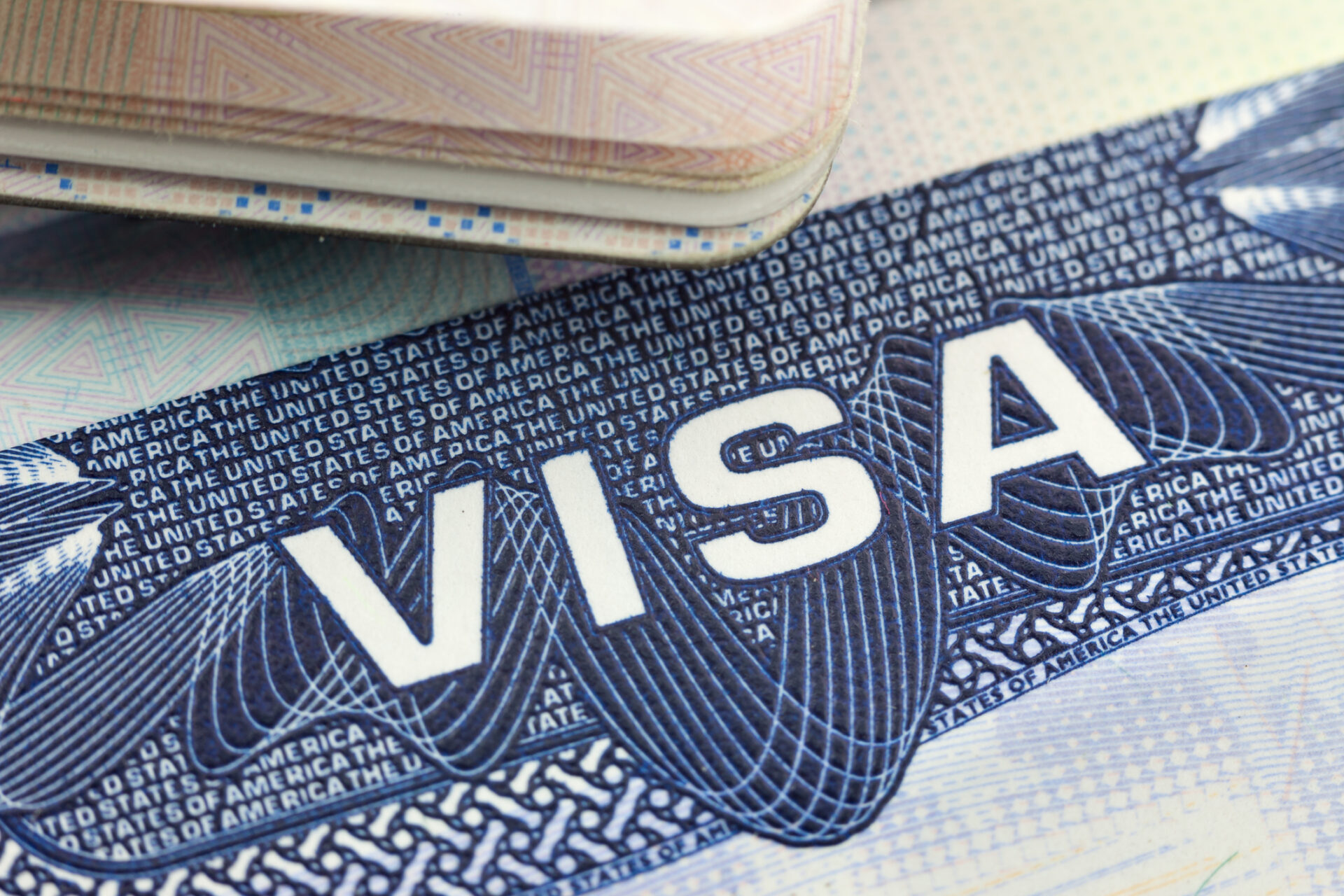Medical school has a history of being inaccessible to women. Despite making up a majority of healthcare workers, women have historically been underrepresented as physicians and hospital administrators.
In fact, it was not until 2019 that women enrolled in U.S. medical schools outnumbered enrolled men (50.5%). While the percentage of women physicians is lower globally, data from OECD suggests that gender representation in physicians globally is also on the rise.
This year, International Women’s Day is celebrating the achievements of women through their theme #BreakTheBarrier. This theme imagines a world without the biases and discrimination that lead to gender inequality. As women begin careers as physicians in increasing numbers, there’s hope for breaking the gender healthcare bias.
International Women’s Day: Breaking the Healthcare Bias
In healthcare, unconscious bias–whether racial, gender, or class–is a prominent barrier to improved health outcomes in those affected by it. For women, facing gender bias often means delayed diagnosis or even misdiagnosis. In healthcare settings, the issue of gender bias has been linked to physicians’ lack of awareness about gender or the application of gender statistics (statistics rooted in and perpetuated by bias) to diagnosis. As a result, women also lose their agency to make informed and trusted decisions about their health.
While it has become more common for hospitals and medical schools to implement programs and training to overcome unconscious bias in practice, it has been long known that diversity and representation lead to improved patient experiences and health outcomes. This makes the increase of women enrolled in medical schools and growing numbers of women physicians around the world critical. As the foundation behind International Women’s Day writers, this representation of gender is a matter of power and global health.
As healthcare continues to globalize and diversify, women’s accessibility to physicianship is critical for breaking down the biases that keep women from equitable, quality healthcare.







Leave A Comment